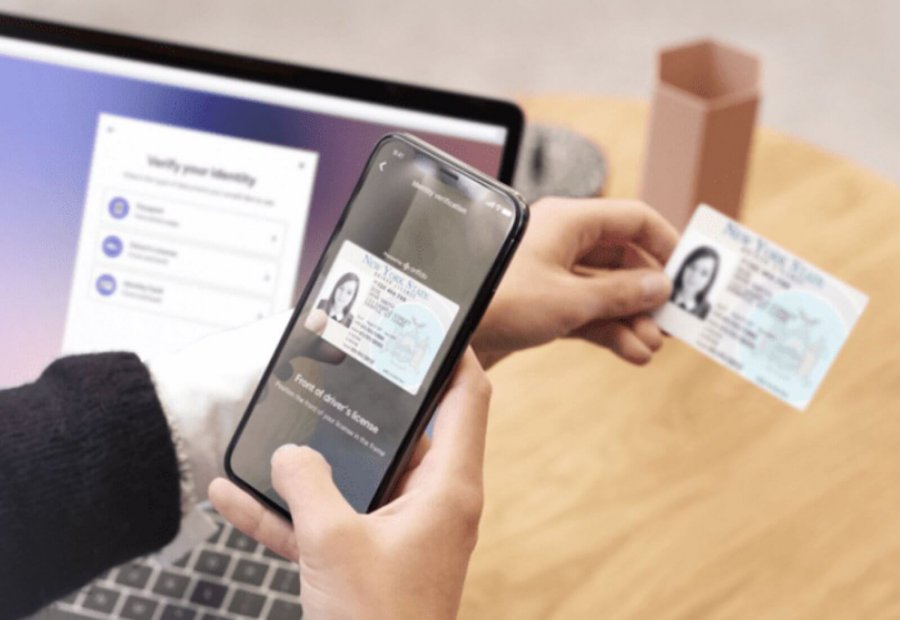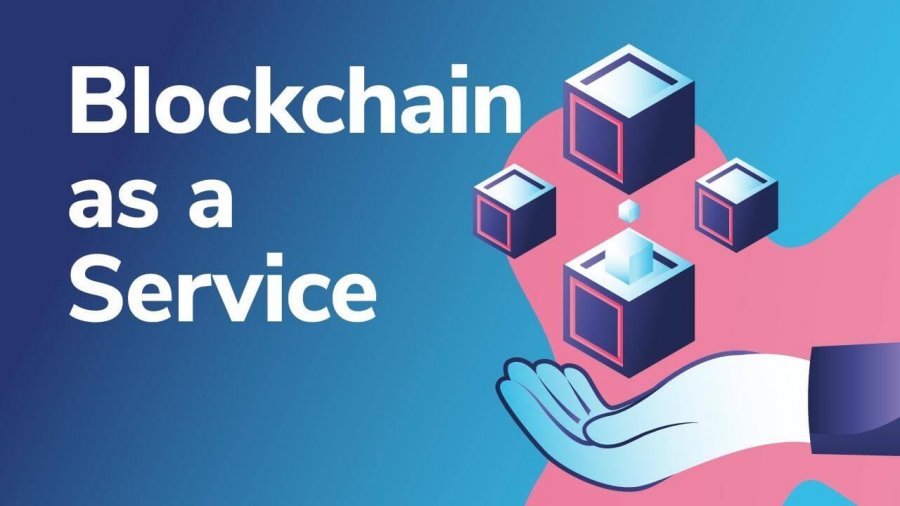Virtual private network (VPN) apps are becoming an essential in today’s day and age when security risks and online censorship is growing in prevalence. They make it safer for you to connect to an unsecure public Wi-Fi network in coffee shops and airports, and enable you to bypass government-imposed or region-based restrictions to access any site or content you want. There is only one problem though – choosing the right VPN solution from the many options available online. While tech sites providing app reviews can prove helpful in such cases, relying too heavily on them is never a good idea. Instead, you should do your homework and learn about the different criteria that are taken into account while assessing and comparing VPN apps.
To help you out a little, we have highlighted and explained the essential features and considerations so that you can get quickly get done with the homework, install the best VPN app on your mobile, and start enjoying a secure, private, and unrestricted digital experience.
VPN Protocols
When surfing online, you sure have multiple reasons to feel concerned about the security of your data. A VPN is supposed to help you relax by wrapping your data in several layers of protection. That is why you need to see what sort of security protocols the options before you are offering. You will basically be looking for one or more of the following:
- L2TP (Layer 2 Tunneling Protocol)
- IPsec (Internet Protocol Security)
- PPTP (Point to Point Tunneling Protocol)
- SSTP (Secure Socket Tunneling Protocol)
- TLS (Transport Layer Security)
Each protocol serves a slightly different purpose and therefore caters to a different need. Therefore, keep your own requirement in mind while reviewing security protocols of a VPN app.
Privacy/Logging Policy
Since privacy might be one of biggest reasons for you to consider a VPN app in the first place, you need to pay attention to VPN providers’ privacy/logging policy. Your primary concern should be the type of information that is logged by the provider. You have nothing to be concerned about as long as the provider is only logging the time and date of your connection, or the server that you connected to. However, if it is also logging your personal information and browsing data, then you may want to stay as far from that provider and its products as possible.
Server
Another thing that you need to closely look at while evaluating a VPN app is the number of servers and their locations the provider has. In order to bypass the restrictions imposed by the local firewall or government, you of course need to switch to a server that is located in a country where no such restrictions are imposed. The number of servers is an important consideration because it provides a really good idea about the size and reliability of the VPN provider and its network. So many people have invested in VPN apps, only to later discover that they are refused a connection because of non-availability of space on server. A major issue that can arise from the location of the server is that the laws of the country in which the VPN provider has its server may require the prover to log their users’ information and provide it to the government and law enforcement agencies when requsted.
Speed
Connection speed is a major consideration that you simply cannot afford to overlook when evaluating a VPN app for your mobile. When you connect to a VPN service and try to access a site, your request takes a longer route for a response. It first travels to the VPN provider’s server and then makes it way to the original destination. This can and in fact always does impact the browsing speed. The extent of impact is something that depends on how much bandwidth a VPN provider is offering to its users. Normally, paid users enjoy more bandwidth and hence faster speeds, whereas free users have to make do with limited bandwidth and slower browsing. Do keep in mind that online streaming and downloading works best on fast VPN connections.
Price
There is no such thing as free lunch. However, most VPN providers do offer a free version of their apps in order to give users a taste of what they are capable of. The free trails normally come with limited server locations and bandwidth, and often exclude some of the features that are part of premium versions. If your VPN needs are not that extensive and you only require it occasionally, then the free version may suffice for you. However, if you plan on frequently connecting to an unsecure network, bypass online restrictions, or hide your identity online due to the sensitive nature of your work, then you should definitely go for the paid version. A word of caution though; never opt for a VPN app that claims to offer all tunneling features along with unlimited bandwidth and access to all servers for free because the risk of that app being malware is pretty high.


























Leave a Reply